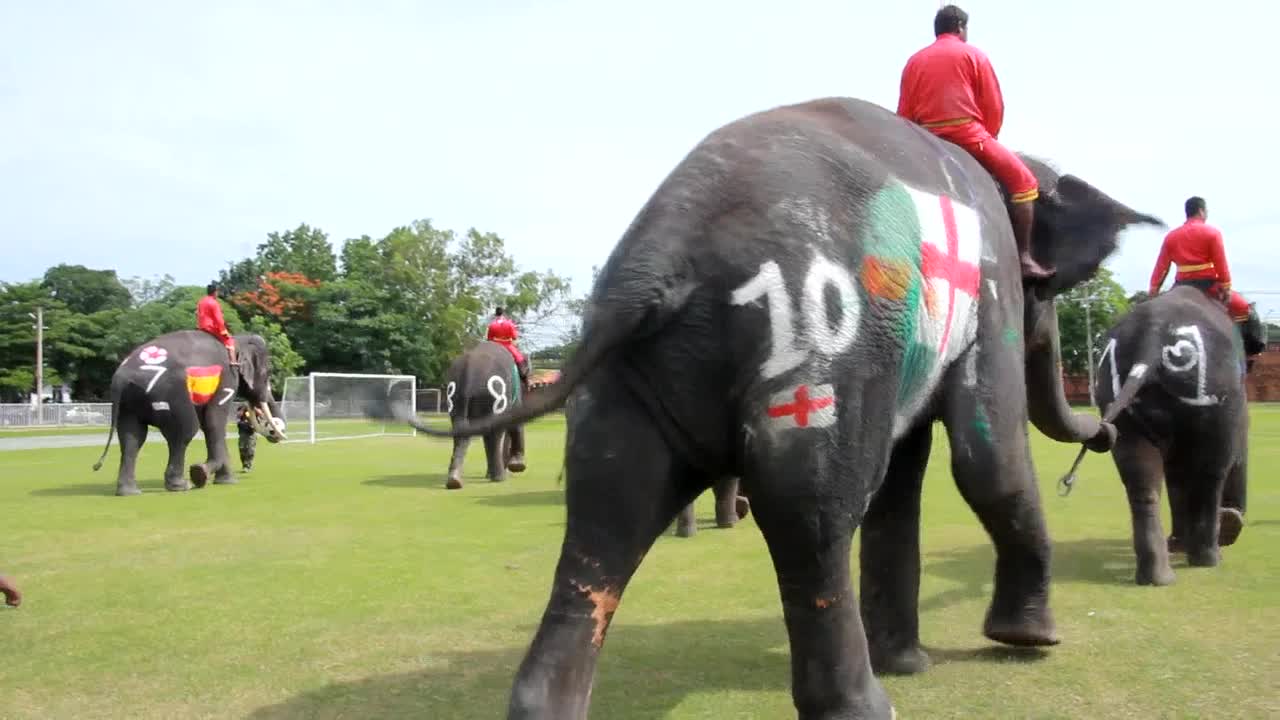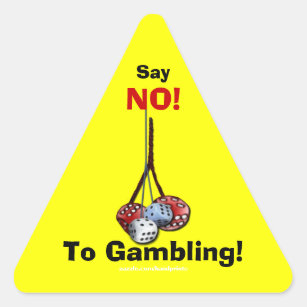A series of adverts by The Campaign for Fairer Gambling will be allowed to continue after the ASA failed to uphold a complaint against the company. The Campaign for Fairer Gambling has been running a series of ad campaigns, in protest to Fixed Odds Betting Terminals (FOBTs), that is the roulette and gaming machines popping up at bookmakers around the country, and now the ads can continue to run.
- Anti Gambling Campaign Uk Coronavirus
- Anti Gambling Campaign Uk Website
- Anti Gambling Campaign Uk Immigration
- Anti Gambling Campaign Ukraine

It was Phillip Davies, MP, Chair of the All-Party Parliamentary Group on Betting and Gaming who lodged the complaint with the ASA, although he did so in a personal capacity, taking umbrage to the wording of the campaign, calling FOBTs a ‘scourge on the high street’, ‘addictive roulette content’, ‘the crack cocaine of gambling’, ‘exploitative to poorer communities’ and ‘highly addictive’. These are strong words, and the MP felt that the claims were misleading.

In response, Prime Table Games (Who run online poker rooms and gaming portals themselves), responded by saying that the claims are based within the opinions of The Campaign for Fairer Gambling and that was clear from the wording. They then went on to say that the terms and opinions used in the campaign were the general feeling across ‘social media commentary’ and articles in several newspapers and media campaigns. Answering the suggestion that the games are highly addictive, they responded that this was a no brainer, it’s a known fact that gambling can be addictive and that the FOBTs offered roulette. As for the scathing ‘crack cocaine of gambling’ the company responded that the term was coined by the media back in 2003.
Founder of the anti-gambling harm campaign group, the Big Step, James Grimes reveals he lost friends, jobs, and £100,000 before turning his life around. The seeds for an addiction lasting 12 years were planted when 16-year-old James Grimes capitalised on the verification loopholes in his local bookmakers. Anti-gambling campaigners have condemned the machines, saying they let players lose money too quickly, leading to addiction and social, mental and financial problems. Terry White lost up to £15,000. Group of more than 50 UK MPs has called for a ban on all gambling advertising and a cut to £2 in the maximum stake allowed online after a year-long inquiry into gambling-related addiction in the UK. United Kingdom: Gambling Laws and Regulations 2021. ICLG - Gambling Laws and Regulations - United Kingdom covers common issues in gambling laws and regulations – including relevant authorities and legislation, application for a licence, licence restrictions, digital media, enforcement and liability – in 37 jurisdictions.
In what will surely be seen as a win for free speech, if not a win for the high street FOBTs, the ASA did not uphold any part of the complaint, and that means the adverts will be able to run in their current form, describing the FOTBs in terms heard in the media, and now in this magazine campaign.

Anti Gambling Campaign Uk Coronavirus
While we understand the Campaign for Fairer Gambling’s cause, the fact that the company behind the campaign is a producer of table games themselves, we are left pondering a little on what their motives actually are.
A series of adverts by The Campaign for Fairer Gambling will be allowed to continue after the ASA failed to uphold a complaint against the company. The Campaign for Fairer Gambling has been running a series of ad campaigns, in protest to Fixed Odds Betting Terminals (FOBTs), that is the roulette and gaming machines popping up at bookmakers around the country, and now the ads can continue to run.
Anti Gambling Campaign Uk Website
It was Phillip Davies, MP, Chair of the All-Party Parliamentary Group on Betting and Gaming who lodged the complaint with the ASA, although he did so in a personal capacity, taking umbrage to the wording of the campaign, calling FOBTs a ‘scourge on the high street’, ‘addictive roulette content’, ‘the crack cocaine of gambling’, ‘exploitative to poorer communities’ and ‘highly addictive’. These are strong words, and the MP felt that the claims were misleading.

Anti Gambling Campaign Uk Immigration

In response, Prime Table Games (Who run online poker rooms and gaming portals themselves), responded by saying that the claims are based within the opinions of The Campaign for Fairer Gambling and that was clear from the wording. They then went on to say that the terms and opinions used in the campaign were the general feeling across ‘social media commentary’ and articles in several newspapers and media campaigns. Answering the suggestion that the games are highly addictive, they responded that this was a no brainer, it’s a known fact that gambling can be addictive and that the FOBTs offered roulette. As for the scathing ‘crack cocaine of gambling’ the company responded that the term was coined by the media back in 2003.
In what will surely be seen as a win for free speech, if not a win for the high street FOBTs, the ASA did not uphold any part of the complaint, and that means the adverts will be able to run in their current form, describing the FOTBs in terms heard in the media, and now in this magazine campaign.
Anti Gambling Campaign Ukraine
While we understand the Campaign for Fairer Gambling’s cause, the fact that the company behind the campaign is a producer of table games themselves, we are left pondering a little on what their motives actually are.